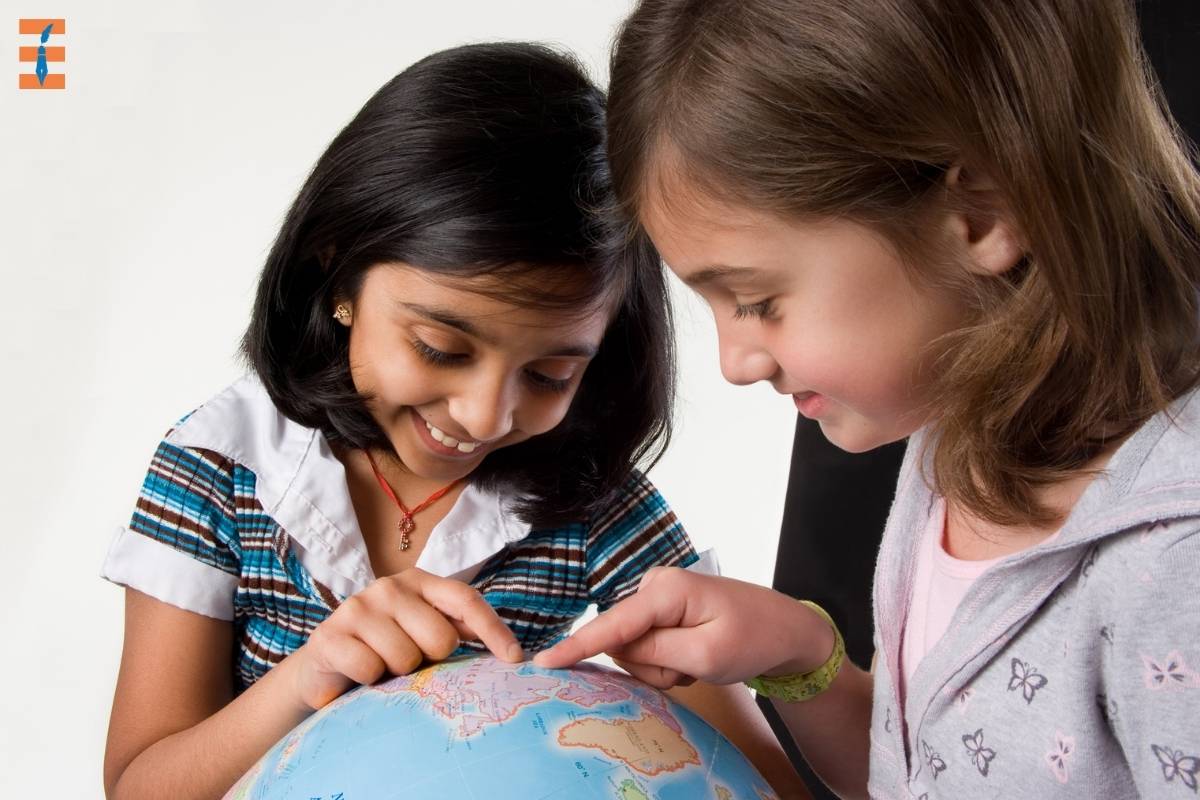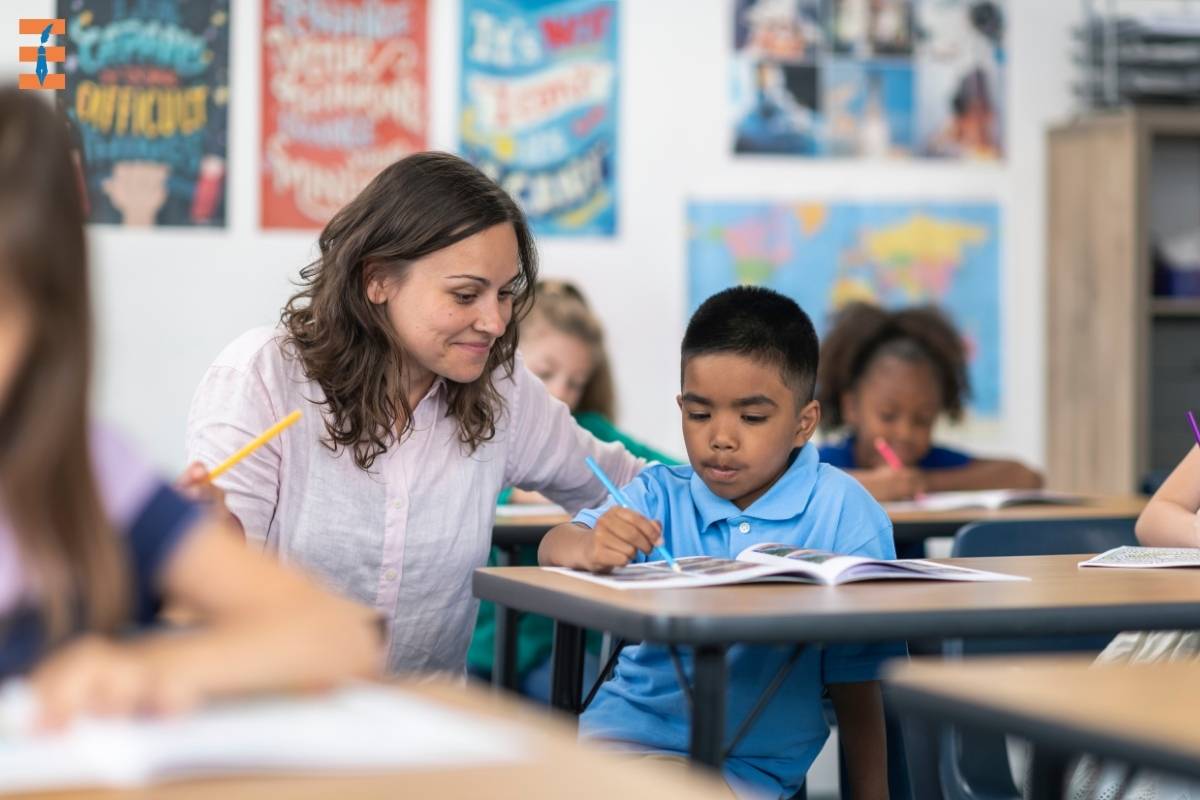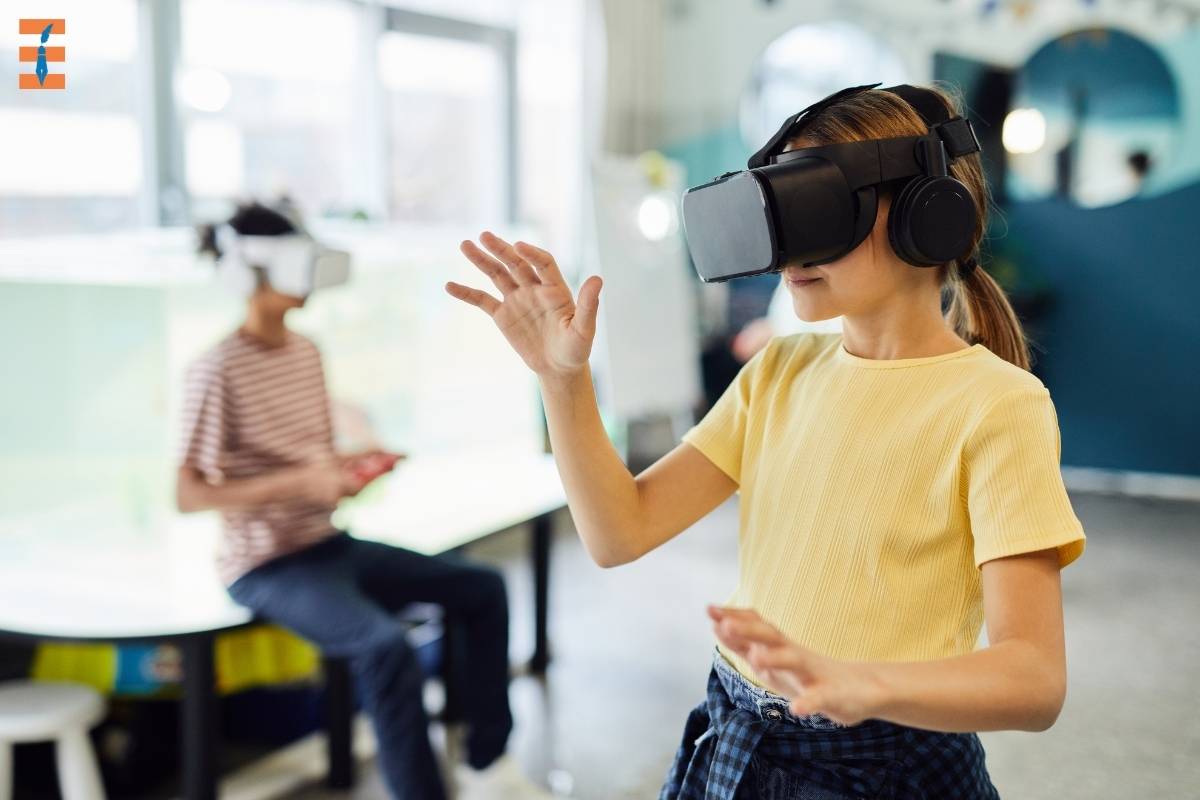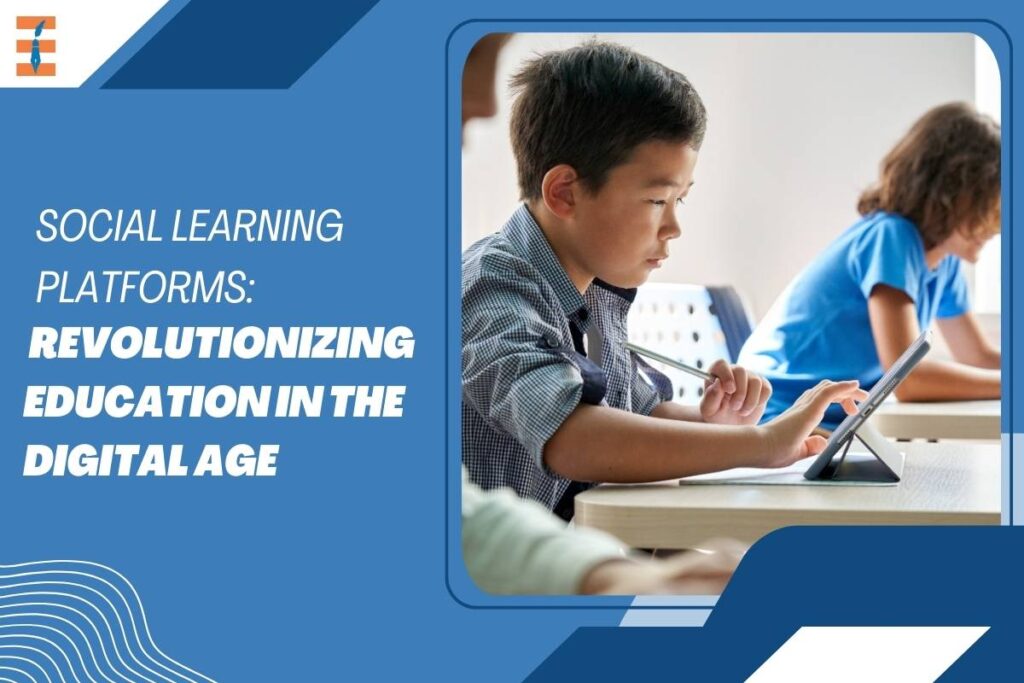In the ever-evolving landscape of education, social learning platforms have emerged as powerful tools for reshaping the way we acquire knowledge. With the integration of technology into education, these platforms offer a dynamic and interactive approach to learning, fostering collaboration and engagement among learners. This article explores the significance of these learning platforms, their impact on traditional education models, and the potential they hold for the future of learning.
The Rise of Social Learning Platforms:
These platforms have gained prominence as a response to the limitations of traditional educational methods. The shift towards digital learning has been accelerated by the increasing accessibility of the internet, the ubiquity of smartphones, and the demand for flexible learning options. These platforms leverage social dynamics to create an immersive and participatory learning experience.
Key Features of Social Learning Platforms:
- Collaborative Learning Spaces: It provides virtual spaces where learners can collaborate on projects, discuss concepts, and share resources. This collaborative approach not only enhances understanding but also promotes a sense of community among learners.
- Interactive Content: Unlike static textbooks, it offers interactive content such as videos, simulations, and quizzes. This multimedia-rich environment caters to different learning styles, making education more engaging and effective.
- Peer-to-Peer Interaction: One of the distinctive features of social learning platforms is the emphasis on peer-to-peer interaction. Learners can connect, exchange ideas, and provide feedback. This not only enhances understanding but also develops crucial interpersonal skills.
- Real-Time Feedback: Social learning platforms enable instant feedback, allowing learners to assess their progress and address misconceptions promptly. This real-time feedback loop accelerates the learning process and ensures a more personalized educational experience.
- Global Learning Communities: With these learning platforms, geographical boundaries are no longer barriers to collaboration. Learners can connect with peers and educators from around the world, gaining diverse perspectives and insights. This global connectivity broadens the horizons of education.

Impact on Traditional Education Models:
The advent of social learning platforms challenges the traditional education models that have been in place for decades. Traditional classrooms are often limited by time, space, and resources. These learning platforms, on the other hand, transcend these limitations, offering a more flexible and inclusive learning environment.
- Accessibility and Inclusivity: This democratizes education by making it accessible to a wider audience. Learners who may face barriers such as geographical constraints, disabilities, or time restrictions can now participate in learning activities on their terms.
- Personalized Learning Paths: Traditional education follows a one-size-fits-all approach, but social learning platforms empower learners to choose their learning paths. Adaptive algorithms can tailor content based on individual progress and preferences, ensuring a personalized and efficient learning experience.
- Teacher-Student Dynamics: Social learning platforms redefine the dynamics between teachers and students. Educators become facilitators and mentors, guiding learners through the process rather than dictating information. This shift encourages a more collaborative and empowering relationship.
- Lifelong Learning: Traditional education often concludes with a degree, but these learning platforms promote lifelong learning. Learners can continually update their skills, explore new subjects, and adapt to the rapidly changing demands of the job market.

The Future of Learning:
As technology continues to advance, the future of learning is undoubtedly intertwined with social learning platforms. Several trends indicate the trajectory of these platforms and their potential impact on education.
- Integration of Artificial Intelligence (AI): AI is playing an increasingly vital role in education. These platforms incorporate AI to provide personalized recommendations, adaptive learning experiences, and intelligent tutoring systems. This ensures that learners receive tailored support and challenges based on their individual needs.
- Augmented and Virtual Reality (AR/VR): The integration of AR and VR technologies into social learning platforms offers immersive experiences that go beyond traditional classroom settings. Virtual field trips, simulated experiments, and interactive 3D models enhance the understanding of complex concepts.
- Blockchain for Credentialing: Blockchain technology is being explored for secure and transparent credentialing. Social learning platforms, with blockchain integration, can provide verifiable and tamper-proof certifications, enhancing the credibility of online education.
- Microlearning Modules: The future of learning is moving towards bite-sized, focused content. Social learning platforms are expected to offer more microlearning modules, allowing learners to acquire specific skills or knowledge in a short amount of time.

Conclusion:
Social learning platforms have ushered in a new era of education, challenging traditional models and redefining the way we acquire knowledge. The dynamic and collaborative nature of these platforms aligns with the needs of a rapidly changing world, where adaptability and continuous learning are paramount. As technology continues to evolve, the potential for social learning platforms to revolutionize education and empower learners globally is immense. Embracing these platforms is not just a step toward the future; it is a leap into a more inclusive, flexible, and interconnected world of learning.

